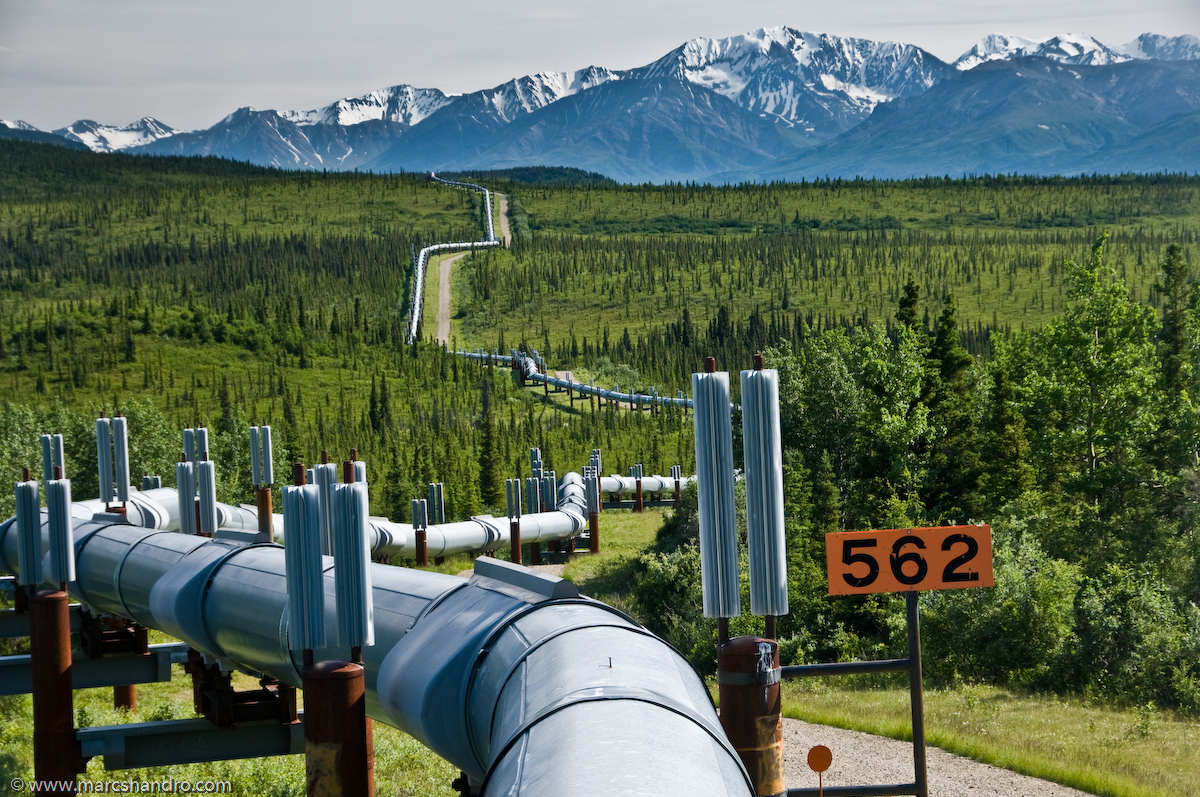By Katie Stobbart (The Cascade) – Email
Print Edition: July 16, 2014

The latest in the oil-slinging pipeline battle is a lawsuit launched by the Federation of BC Naturalists (BC Nature) to challenge the approval of the Northern Gateway pipeline. The action is meant to provide an opportunity to appeal the approval, as BC Nature calls the legal foundation of the Cabinet’s decision into question, according to a July 14 press release.
At the risk of inciting accusations of environmental blasphemy, I’ll admit I struggled to find a spark of excitement when I read the release. As the pipeline debate has surged on, I’ve become increasingly fatigued. After so many ads appropriating BC’s sweeping wild landscapes for the pipeline push, the old flames of annoyance have flickered into a kind of irate apathy. The sheer volume of pro- and anti-oil flooding the news and social media has dulled the sharpness of indignation.
On the one hand, it’s easy to be sucked into the debate: you just have to pick a side and float along. On the other hand, there’s the recurring frustration with the floaters — the people who pick a side without doing their homework. It has become a battle of PR versus sensationalism: whoever has the most Facebook posts, the biggest collection of random petitions, wins the public opinion. Of course, it’s an artificial win; to a certain extent, the approaches of each side involves a lot of preaching to the choir. Proponents see the reassurances of natural gas companies that pipeline expansion won’t hurt the environment, and opponents see all the evidence pointing to environmental doom. Actions like BC Nature’s recent lawsuit, and any real landmarks of progress in either direction, are swallowed into the thick tar of the debate.
To paraphrase investigative journalist David Barsamian, who visited UFV last year, it becomes a game of sifting the bull from the shit. The shoulder angel and devil shout fiercely into the public’s ears, one insisting the first priority is the environment, the other the economy. What information can be trusted?
The propaganda from either side not only muddies the issue, it solidifies the divide. Meanwhile, the powers that be are lining up the ducks. The BC education system, for example, is being “re-engineered” by the BC Government to accommodate for new jobs in the liquid natural gas (LNG) sector. Dollars are being spent on the anticipated changes.
Yet as far as I know, the card linking the environment and the economy hasn’t been played yet — at least not in an impactful way. Yes, LNG can and likely would bring the dough rolling. But it also threatens a couple of BC’s biggest industries: obviously other natural resources, but also tourism. It seems to me that’s a significant point against too heavy a focus on oil, gas, tar sands, fracking — the whole shebang — pushing into BC.
To just come out screaming against pipelines without offering any alternative solutions is not a productive battle strategy. Relying on other methods of transporting oil seems to pose just as many what-if threats to the sanctity of BC’s environment.
The real crux of the issue is the impasse: no one wants to budge. Everyone is sticking fiercely to their principles. As an aside, it’s a nice change to see so many people impassioned about something which will directly affect them, one way or another. The result, however, will probably be a heap of proponents, a heap of opponents, and a new pipeline buried in the ground between them.


